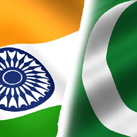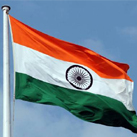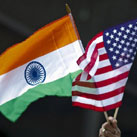External Balancing in India’s China Policy
External balancing is re-emerging as an element of policy driven by the yawning power asymmetry between India and China and China’s turn towards assertive behaviour and territorial claims.
- S. Kalyanaraman
- March 28, 2018












